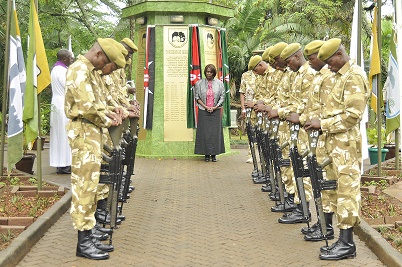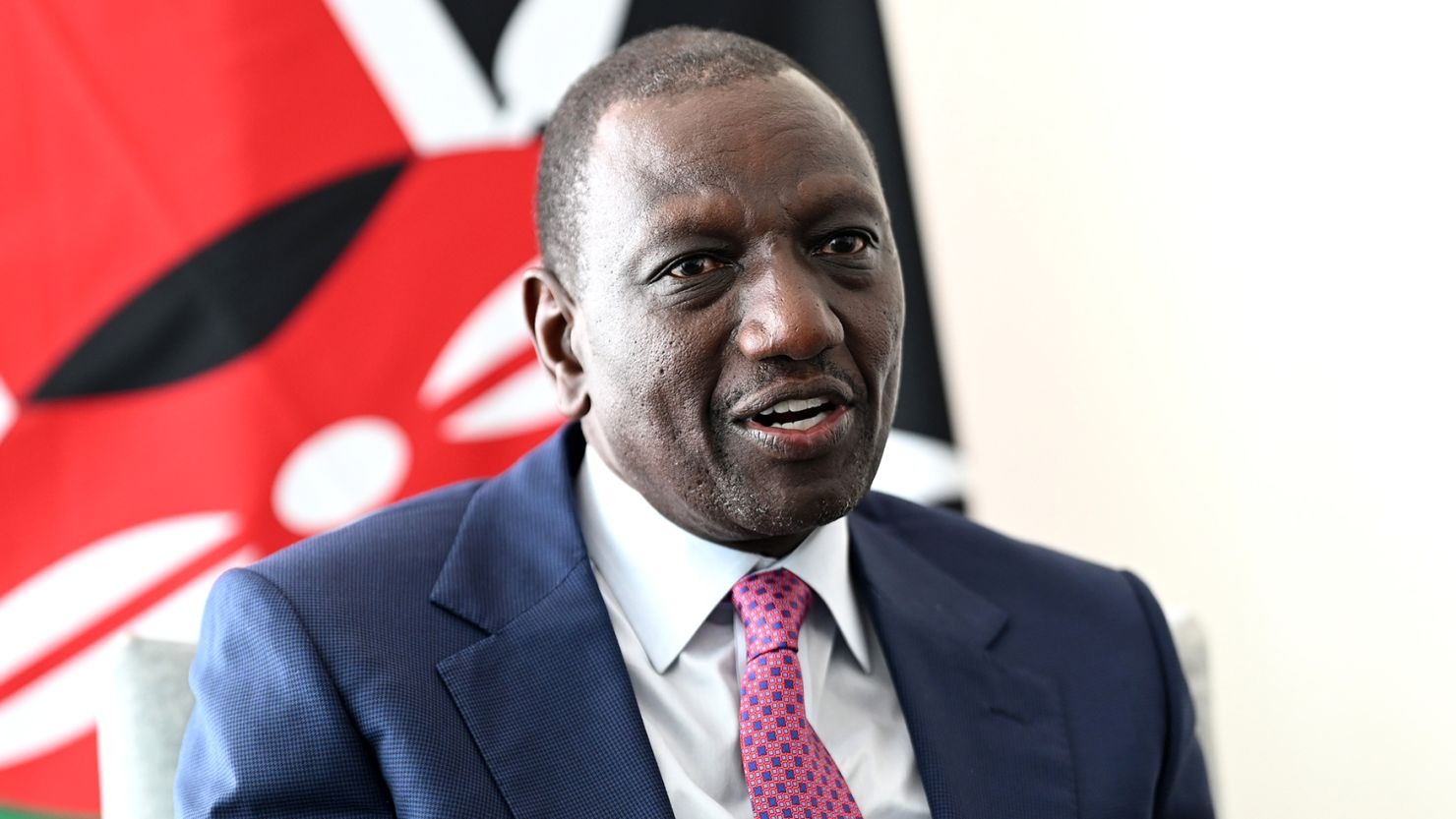The Kenya Wildlife Service (KWS) has proposed new measures that would allow senior citizens aged 70 and above, children under five, and persons with disabilities free entry into the country’s national parks and reserves.
In addition, tour service providers such as guides, porters, boat crews, and tour leaders are also set to benefit from free access. The proposals are outlined in the draft Wildlife Conservation and Management (Access and Conservation Fees) Regulations, 2025, which were unveiled during a stakeholder validation forum in Nairobi.
“KWS today presented the second draft of the Wildlife Conservation & Management (Access & Conservation Fees) Regulations, 2025, at a stakeholder validation forum in Nairobi. This revised draft builds on feedback collected from 20 counties during recent public participation forums,” the service said in a statement.
The draft introduces several new measures, including a uniform marine park fee of Ksh 3,220 (USD 25) for non-residents and the launch of community-driven bicycle rental schemes. Other proposals include discounted travel packages for Tsavo–Amboseli and Nairobi, alongside new incentives for Meetings, Incentives, Conferences, and Exhibitions (MICE).
KWS also plans to diversify tourist experiences by introducing night drives, walking safaris, and balloon safaris. According to the service, revenue generated from these changes will be reinvested to enhance visitor experiences, support community projects, and strengthen wildlife conservation.
This marks the first review of conservation fees in 18 years. KWS noted that entry fees could increase by 30 to 70 per cent, depending on park category and visitor type, to address a Ksh 12 billion annual funding shortfall.
If approved by Parliament, the new fee structure will take effect in early 2026, aiming to safeguard Kenya’s wildlife heritage while making tourism more inclusive and sustainable.









